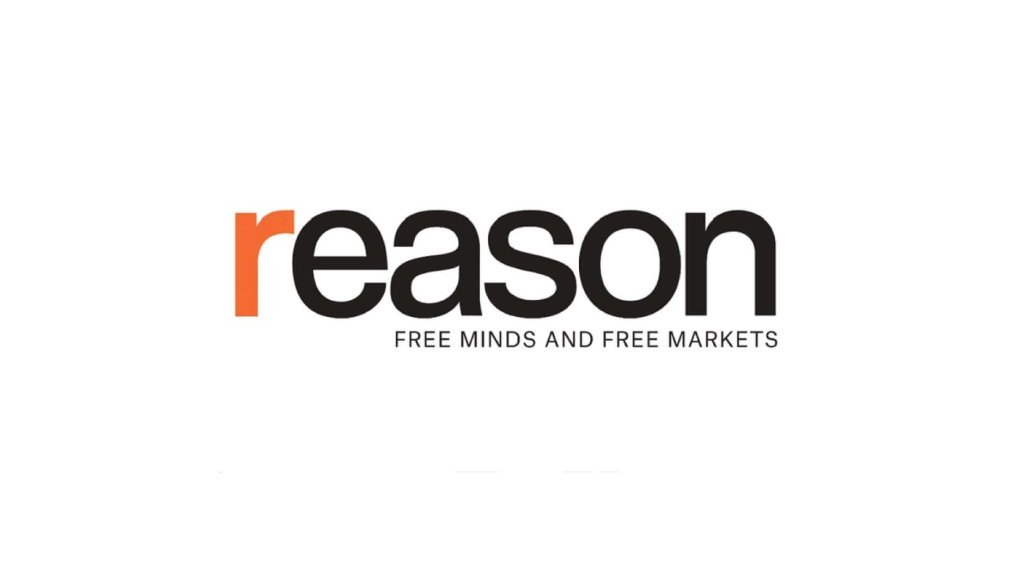Texas Revs the Growth Machine
Happy Tuesday, and welcome to another edition of Rent Free. This week’s stories include:
- The near death of Texas’ Starter Home Act
- Colorado’s pending ban on rent-recommendation algorithm software
- A very Catholic story of eminent domain abuse
But first, our lead item on the success of pro-supply housing bills in Texas.
Texas Growth Machine Keeps Growing
On May 20, the Texas House passed Senate Bill 840, which allows developers in larger counties to build residential and mixed-use developments on commercially zoned land “by-right.” That means local governments can’t force builders to go through extensive, expensive, and discretionary processes of requesting rezonings and variances.
The bill “would make converting empty office spaces into housing units much easier,” reads an analysis from the Texas Public Policy Foundation.
Similar to Florida’s Live Local Act, the bill also limits localities’ ability to impose height and density restrictions on new residential developments on commercially zoned land. Cities would have to allow these new developments to be built at least at a density of 36 units per acre and 45 feet tall.
Housing wonks describe the bill as clean and “muscular.”
Texas SB840 is ending single-use commercial zoning, allowing apartments on top of habitable commercial uses statewide
This is by far the most muscular “Residential in Commercial Zoning” preemption bill I’ve ever seen
All the loopholes closed + a right of private action (!) https://t.co/HGbQmrFafF pic.twitter.com/g2i7hwfjpC
— Alex Armlovich (@aarmlovi) May 21, 2025
Today, the Texas Senate concurred with the House amendments to S.B. 840. It will now go to Gov. Greg Abbot’s desk.
Also headed to the governor’s desk is House Bill 24, which places new limits on valid petition rights that property owners can use to halt zoning changes.
H.B. 24, a reform to the so-called “tyrant’s veto“, raises the percentage of property owners required to challenge a rezoning from 20 percent to 60 percent. It also lowers a city council’s vote threshold to override these challenges from a supermajority to a simple majority.
Neighborhood activists in Austin famously used their valid petition rights to thwart upzonings in that city.
With H.B. 24’s reforms, that will be a harder thing to pull off.
False Start on Starter Homes
Still pending approval is Senate Bill 15, a.k.a. the Texas Starter Homes Act. Described as a “smaller homes on smaller lots bill,” the legislation would prevent local governments from setting minimum lot sizes of over 1,400 square feet in new subdivisions of five acres or more.
The bill only applies to cities of 150,000 people in counties of 300,000 people or more.
S.B. 15 had already passed the Senate with a 29–2 vote back in March. It was scheduled for a vote in the House of Representatives this weekend, where it nearly died.
As the Texas Tribune reports, House Democrats led by Rep. Ramon Romero Jr. (D–Fort Worth) attempted to kill the bill on a procedural move.
Romero had requested a “point of order” about the bill’s exclusion of land around a planned Dallas County police training facility. This, said Romero, violated legislative rules about singling out individual jurisdictions in legislation.
That point of order was accepted, preventing further discussion of the bill.
But, reports the Tribune, the bill’s supporters in the House managed to “fast-track” the legislation by removing the offending provision so that it will be considered on the floor again today.
Romero told Tribune reporter Joshua F
Article from Reason.com

The Reason Magazine website is a go-to destination for libertarians seeking cogent analysis, investigative reporting, and thought-provoking commentary. Championing the principles of individual freedom, limited government, and free markets, the site offers a diverse range of articles, videos, and podcasts that challenge conventional wisdom and advocate for libertarian solutions. Whether you’re interested in politics, culture, or technology, Reason provides a unique lens that prioritizes liberty and rational discourse. It’s an essential resource for those who value critical thinking and nuanced debate in the pursuit of a freer society.




